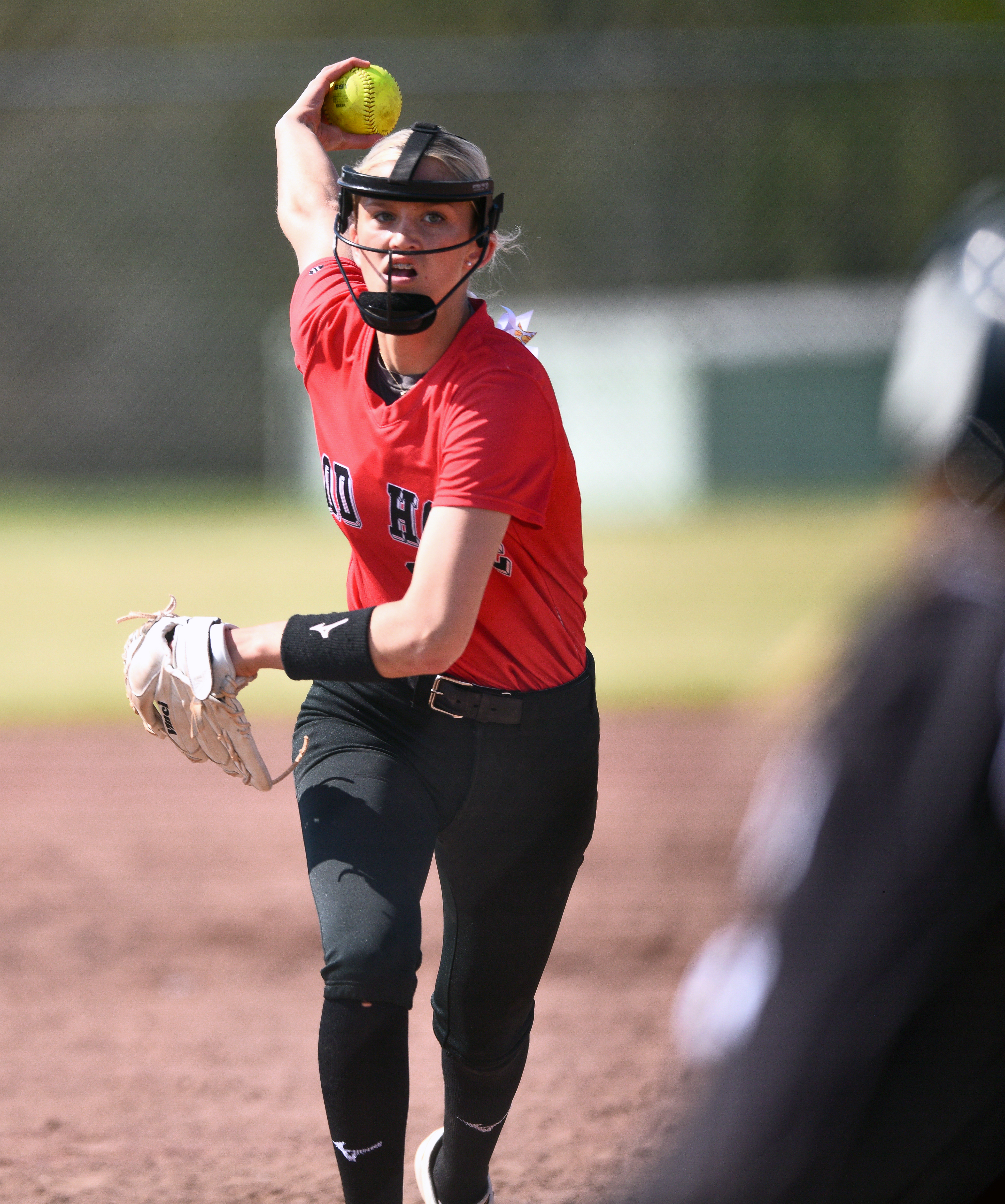Former high school, college football player sues NCAA, SEC over head trauma
Published 2:30 pm Tuesday, June 21, 2016

- Former N.C. high school, UT player sues NCAA, SEC over head trauma
A former North Carolina high school football player who went on to play at the highest level of college football is now part of a class-action lawsuit for damages allegedly done to him while playing the game of football.
O.J. Owens, who was a running back and safety for the North Stanly High School Comets before graduating in 1999, went on to play safety in 18 games over the next four years for the University of Tennessee.
Owens’ lawsuit was filed by Edelson PC, a law firm based in Chicago, and is one of 10 different lawsuits the firm has filed on behalf of former players against the NCAA and various football conferences, including the ACC and Big Ten.
Chris Dore, an attorney with Edelson, said that it is the plantiff’s position in the lawsuit that players suffered multiple concussions during practices as well as games.
“Most players suffered multiple (injuries) that were not properly diagnosed,” Dore said, noting that when Owens “got his bell rung” he had suffered some level of a concussion.
Dore also said that studies on head injuries dating back before the 1950s have been available to, and some conducted by, the NCAA.
According to Dore, second hit syndrome, which happens when an already concussed player returns to the field and is hit again, is “incredibly dangerous” and that “an overwhelming amount” of literature on the phenomenon was available.
Along with monetary compensation due to the harm suffered by Owens, Dore said that “more attention needs to be paid to the issue” and that “there are players in their 40s, 50s, 60s, even 70s, that are in pain and having a difficult time.”
According to the lawsuit, Owens suffers “from depression, anxiety, sleeping disorders and headaches, among other issues.”
Dore said Owens “had not gone through any tests at this stage” to determine the damages he has suffered from the sport and that the lawsuit “is based on his own recollection of experiences,” but that they hope to find out more information on his injuries.
Dore added that one of the goals of the lawsuit is to discover what the NCAA knew and when the information was known regarding the dangers of traumatic brain injuries in college sports.
The lawsuit asserts that “the NCAA, SEC, and Tennessee have been aware that severe head impacts can lead to long-term brain injury, including memory loss, dementia, depression, and CTE (chronic traumatic encephalopathy).”
In recent years, CTE has been the source of considerable debate and discourse surrounding a number of NFL players who suffered a number of psychological and neurological issues directly correlated to repetitive hits and head injuries sustained during their football careers. In 2015, the film “Concussion” starring Will Smith brought CTE and similar conditions to the forefront of public consciousness, which also inspired more focus on youth football conditions.
According to the papers filed, Owens often blacked out or had vision problems during drills in practice as well as games. One instance noted that in 2001, “Owens suffered a concussion while playing strong safety. His vision went black, and he suffered a loss of memory for the time period surrounding the incident.”
The lawsuit also said that Owens “suffered other blows and concussions during practices and drills, but each time he would simply be sent back to his room to recuperate on his own, without appropriate medical care or treatment.”
Citing examples from the NCAA’s own handbook prior to 2010, the lawsuit states that “rather than mandating a specific treatment protocol for member institutions, Guideline 2o left concussion management and treatment to the individual team’s discretion.”
Guideline 2o refers to a passage from the NCAA’s sports medicine handbook published in 1994.
The suit also says the University of Tennessee “failed to implement any concussion management protocols or policies” as well as failed to “implement any return-to-play guidelines.” It also alleges Tennessee “ignored all of the medical evidence regarding TBIs, and failed to protect the neurological health of its student-athletes who participated in its football program, including (Owens).”
“These problems are not small,” Dore said. “They are significant things that are impacting people.” He added that there is a “level of uniformity among the generations” in terms of those suffering injuries. He noted one offensive lineman he spoke with who played Division I football who said to him that “everyone to the left and right of me on the line have some problems.”
Players “are suffering at a rate that they should not be doing statistically,” he said. “The one link is football.”
More suits will be coming next week, Dore said, noting that he hopes the NCAA, conferences and schools will “step up and do the right thing to find a resolution,” but that he and his group “would be happy to go to trial” and that the issues in the lawsuit “would resonate with a jury.”
Owens did not respond to requests for an interview.
Curcio writes for the Albemarle, North Carolina Stanly News & Press. Dustin Dopirak of the Knoxville News Sentinel contributed to this story.





